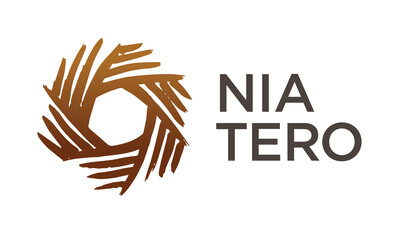NT-2024-AR - Flipbook - Page 40

OUR WORK
Pasifik
Highlights
Indigenous Constitutionalism was a
key focus of our Pasifik partnerships
throughout 2024. The Islands Knowledge
Institute (IKI), a core Nia Tero partner, and
the Solomon Islands National University
hosted a three-day Tok Stori to discuss the
Indigenous values-based constitutions of
Papua New Guinea (PNG), the Solomon
Islands, and Vanuatu. Tok Stori, a traditional
practice of bringing people together to
dialogue and create understanding, united
leaders from these states alongside elders,
artists and creatives. Attendees reflected
on the reality of their peoples as the original
inhabitants of these lands, affirming their
status as First Nations with sovereignty
enshrined in the constitutions of PNG,
the Solomon Islands, and Vanuatu, which
gained independence between 1975 and
1980. This gathering also provided space
to discuss the critical importance and
possibilities of these countries as exemplars
of nationalities grounded in Indigenous
ontologies predating colonialism and the
U.N. decolonization movement. During the
Festival of Pacific Arts and Culture
(FestPAC), IKI hosted a multi-panel
discussion on Indigenous Constitutionalism,
furthering the dialogue about the
constitutions of these independent islands.
40
Nia Tero supported the launch of the
Kava Strategy in Tonga, including the
participation of key experts from both
Vanuatu and Tonga. The strategy focuses
on protecting and promoting the cultural
significance and economic export of kava,
a plant native to the Pacific Islands, while
assisting in sustainable farming practices
and job creation. Kava, meaning bitter in
Tonga, is served in ceremonies and holds
cultural significance, but has mass-market
appeal as an herbal supplement that has a
calming effect. The Kava Strategy calls for
the use of geographical indications that
protect the authenticity of products tied to
specific regions and people. By protecting
kava’s unique identity and cultivation,
the strategy aims to provide sustainable
economic opportunities for Pasifik
communities, ensuring that kava remains
a vital and culturally significant part of
the region.
Nia Tero